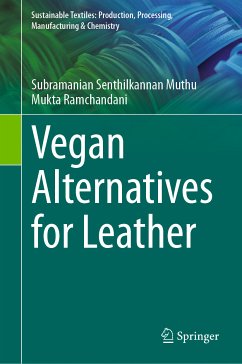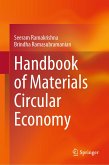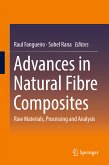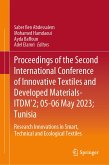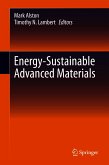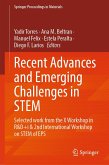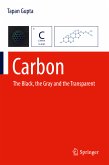Environmental toxicity and sustainability are major areas of research for the leather industry, as well as for the larger luxury and fashion industry. Several alternatives to traditional animal-based leather have been introduced in the market as "vegan" leather, e.g. the pineapple skin leather Piñatex, mycelium (mushroom leather), apple leather, cactus leather, and PU/PVC faux leather. However, a clear assessment of the sustainability (e.g. carbon/water footprint, LCA) for these alternatives is missing. The aim of this book is to provide clarity and a coherent structural assessment of sustainable vegan or vegetarian alternatives of leather. This book contributes to the current research within sustainability and environmental impact, production, and consumption aspects of these materials.
Dieser Download kann aus rechtlichen Gründen nur mit Rechnungsadresse in A, B, BG, CY, CZ, D, DK, EW, E, FIN, F, GR, HR, H, IRL, I, LT, L, LR, M, NL, PL, P, R, S, SLO, SK ausgeliefert werden.

